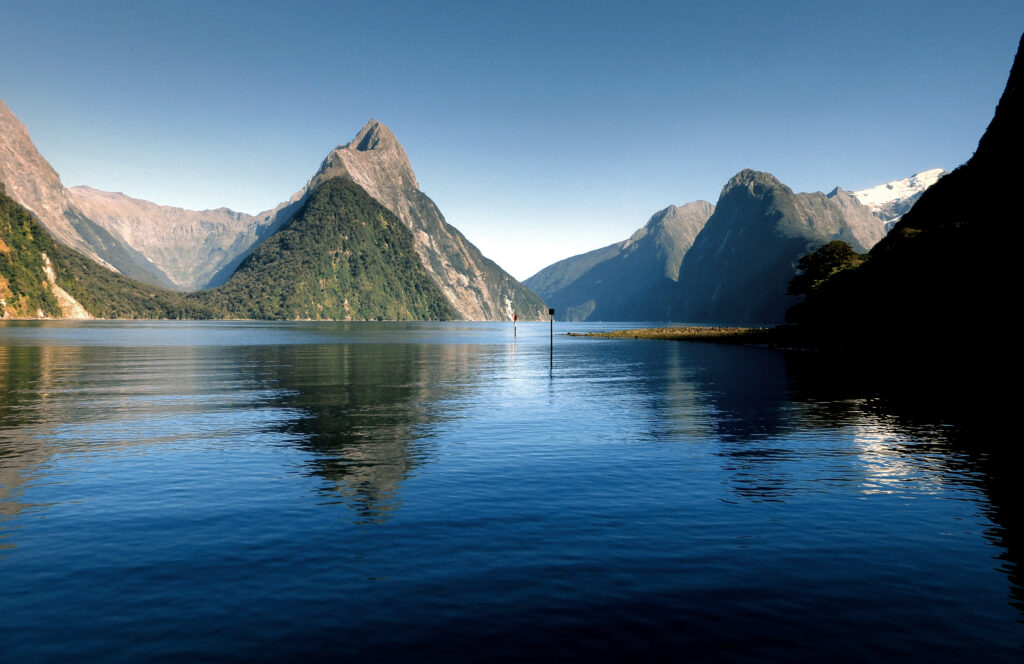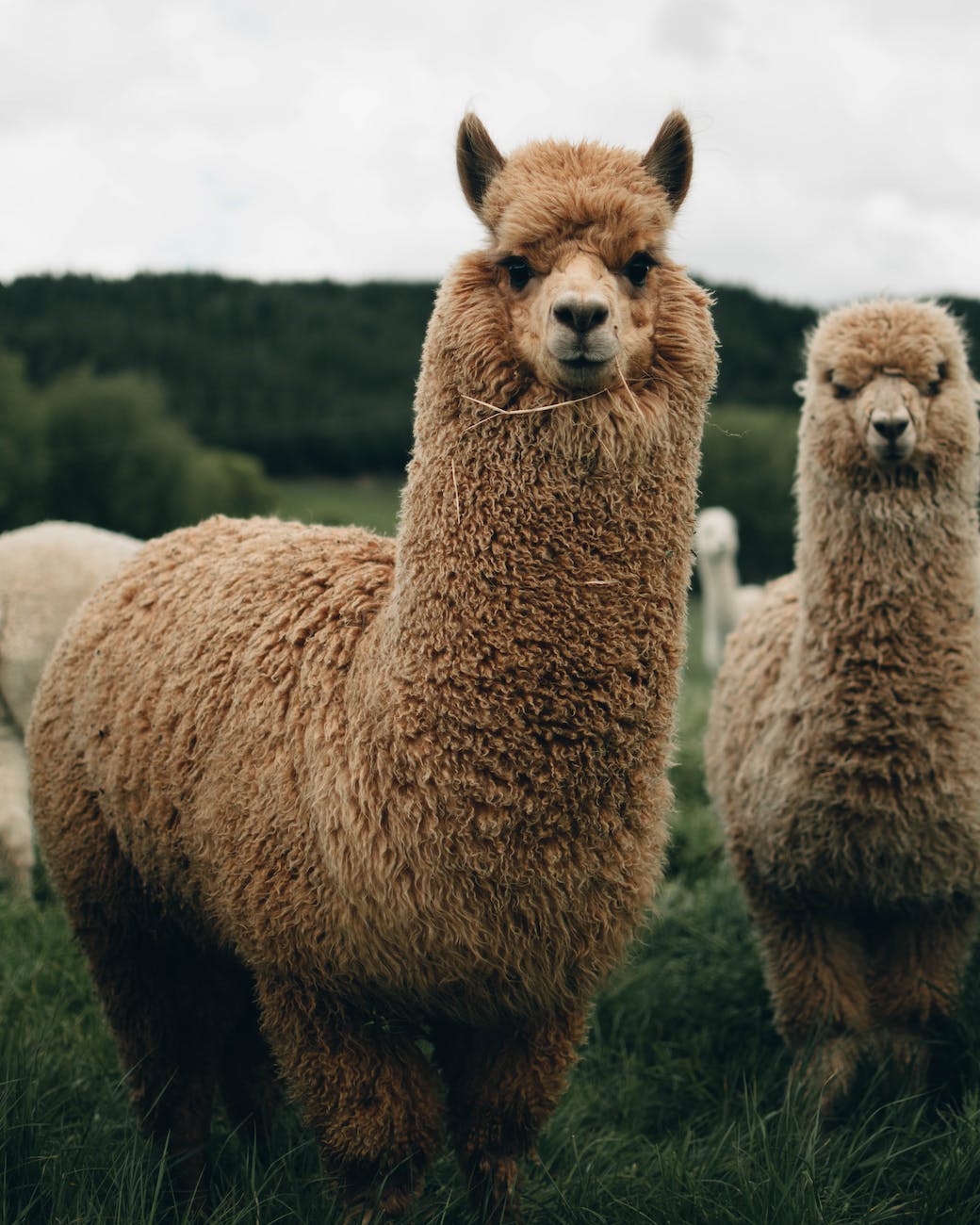TALKING WITH MYSELF!
Daniel Allan -
Improvisation New Zealand

TALKING WITH MYSELF is a series of self-interviews with an improviser you might want to meet one day. Today’s guest is Daniel Allan. From one of the most beautiful countries in the world, Daniel Allan talks to Daniel Allan about improvisation in New Zealand, the education system, doing a masters project on IMPROVISATION and a little bit about the journey to a committed life of spontaneous exploration.
DAN: MFA?
DAN: Master of Fine Arts.
DAN: High School teaching not doing it for you anymore?
DAN: Oh you know, competing for senior students’ time, trying to squeeze meaningful art into three and a half hours a week, an assessment system that monopolises everyone’s attention and turns education into a box ticking exercise, the silo-ing and commodification of subjects to spit out drones for the capitalist engine, you know, just the usual!
DAN: Yeah, it hadn’t even crossed my mind that it was an option until we looked into where we would study. We didn’t really see ourselves in the big smoke of Auckland, Canterbury University’s theatre department is defunct, Wellington had a Masters of Creative Practice which we’d heard mixed things about, but University of Otago in Dunedin offered both MFAs and MAs in Theatre. Not only that, but improvisation is an undergraduate paper here, taught by the lovely Hilary Halba and Claire Adams.
I zoomed with the Uni and said that my biggest strength is probably improv, and Hilary was very encouraging of that. Eventually, after a bridging course in the form on an Honours paper, Hilary and Ryan Hartigan, who is also an experienced improvisor, became my supervisors. I ended up tutoring the undergraduate improv paper this year too, so that was a nice bonus.
DAN: It’s what I had done my ’10 000 hours’ in. But also, I really wanted to interrogate the form and find a better way. I wanted to put time into something that could be a calling card for me, but also something that might genuinely help the improv community.
I had fallen in love with Theatresports from a really young age and done some form of improv ever since, but I was letting things drift, really. I had been unfaithful, acting in things like Shakespeares and Musicals. The former had me working in a mode of deep textual analysis and savouring every poetic word of a script, the latter had emotional wow-moments and production qualities. Both left the audience besotted.
Dipping back into improv, it seemed casual, it’s outcomes unclear, its roles undefined, it’s community filled with either hobbyists who were happy just to be learning the skill of it, or professional groups that had become complacent and content to roll out risk-free formats.
I knew deep down that improv could be incredible, but nobody seemed to be really pushing the form, and I was adrift from the sorts of group camaraderie and leadership that I had enjoyed in the past, the momentum of a really solid group.
I made a bit of a stir when on a panel at NZIF…
DAN: … correct, a couple of years ago I put to the audience that compared to other theatre forms, improv was ‘mediocre by nature.’ I’m ashamed to say there’ll be a recording of it somewhere. It was only half a thought, and I couldn’t even really justify it in the moment, especially when it was jumped on by a room full of improv practitioners.
In hindsight I think I was questioning whether the form of improv was limited. Limited by its modest aims, its winky, wonky acting, its lack of grandeur, its muddly, ungoverned throng of advice and expertise, and a lack of anyone, in New Zealand at least, challenging what improv could be, or wanting anything more from it than a few chuckles. I wanted more from improv. It was either that, or break up with it.
DAN: Well I’m glad to see you’re sticking with improv!
DAN: It’s working title is The Coaching Codes, and it is a dramaturgical approach to improv, inspired by the Viewpoints, where actionable codes are used to activate or explore awarenesses.
Working in this way, direction and feedback can become shared and open to the whole group, rather than a single coach or director, and everyone can coach and direct everyone and prepare shows using the same terminology.
The codes will be familiar to people, things like ‘Advance’ and ‘Repeat’ as they are based on existing principles, but the point of difference is that they are descriptive and actionable as opposed to critical. They are all dos, as opposed to don’ts.
I have created what I hope is a comprehensive system and categorised them under three main responsibility areas: Acting, Writing and Directing, because I have realised through my study that if an improvisor is expected to be all three of those things then we should coach all three of those things.




0 Comments